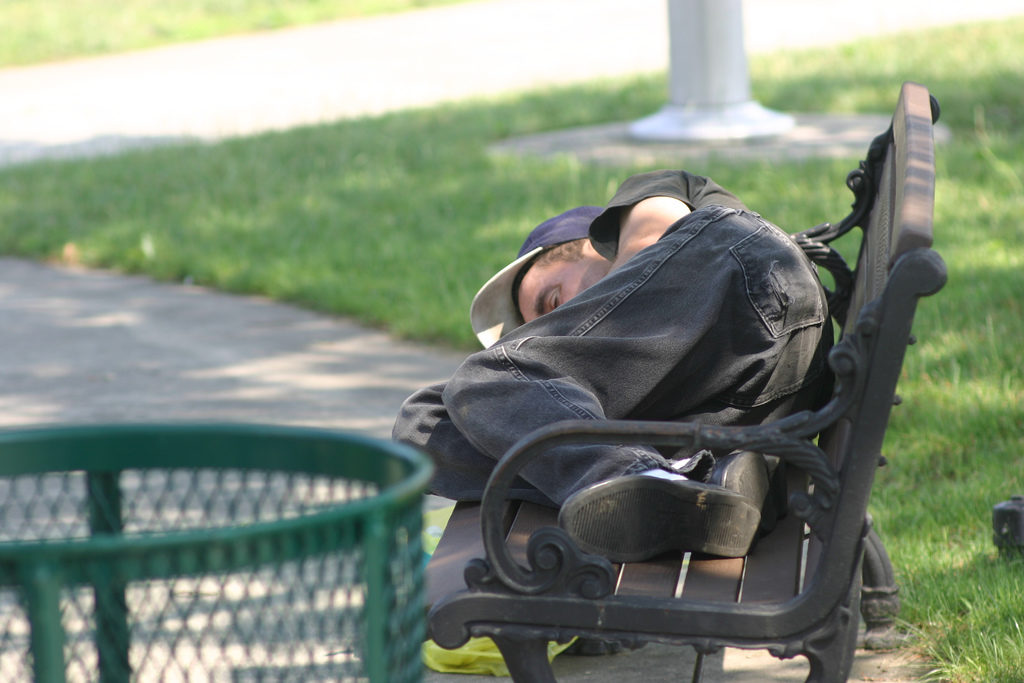
In her speech to the Tory Party conference in October last year, Theresa May announced that she had asked Prof Sir Simon Wessely to review the Mental Health Act (MHA). The review was required because the law, only reformed after a long tortuous process, needed updating. In her speech, May had previously identified the poor provision of mental health services and the over-representation of people from black and minority ethnic backgrounds, as one of the “burning injustices” that her premiership would seek to tackle.
After the review was announced Community Care interviewed a number of people (myself included) from a range of backgrounds about their hopes for the review. One of the main areas of agreement was the recognition that there is an overarching problem. Mental health services have been significantly affected by policies of austerity with local authorities and voluntary and community groups facing huge financial pressures. In addition, certain policies such as “welfare reform” have had a disproportionate impact on people with mental health problems.

Mental health services have been significantly affected by policies of austerity and recent “welfare reform” has had a disproportionate impact on people with mental health problems.
Community Treatment Orders (CTOs)
The review of the MHA does allow for a further consideration of CTOs, though they were not specifically mentioned by the Prime Minister in her announcement. CTOs were introduced by the 2007 reform of the MHA. However, if one goes back and looks at the history of community care, one will see that the recommendation for the introduction of a CTO or similar legislation was a consistent feature of a number of mental health inquiries from the late 1980s/early 1990s onwards. In particular, inquiries such as the Ritchie Inquiry into the care and treatment of Christopher Clunis concluded that such a change would allow services to intervene at a much earlier stage.
The authors of a recent paper (Vergunst et al, 2017) note that CTOs of one form or another exist in over seventy jurisdictions across North America, Europe and Australasia. Those in favour of the CTOs argue that their use puts pressure on services to ensure that they provide adequate community mental health services to support individuals. It should be noted that an individual has to be subject to section 3 of the Mental Health Act for a CTO to be considered, so mental health services have an ongoing duty under section 117 MHA to provide aftercare. In theory, CTOs should avoid repeated admissions to hospital and the disruption and anguish that this entails.

Community Treatment Orders exist in one form or another in over 70 jurisdictions across North America, Europe and Australasia.
The authors of this paper note that there are increasing concerns about the ethics of the use of CTOs and their effectiveness. Despite these concerns, the use of CTOs continues to grow. The research into the use of CTOs has focused on clinical symptoms and the impact within a relatively short period – 12 months. Broader measures such as social outcomes have not been considered in any real depth. This is a potential criticism of a great deal of mental health research where one feels the day to day experiences of service users are often very much at the margins of projects.
Methods
This study is based on data collected from 114 people subject to CTOs (Vergunst et al, 2017). It is part of the broader Oxford Community Treatment Order Evaluation Trial (OCTET) trial, which has been explored in previous elf blogs. The study seeks to examine the association, if any, between the length of the CTO and individual’s social situation. There is an implicit assumption that CTOs will have a positive impact as they will reduce admissions and so on. Individuals subject to CTOs, it is suggested by their supporters, will experience a better quality of life.
The paper provides a clear outline of the methodology and approaches adopted. The article provides detailed demographic data on the cohort in the study alongside information about their experiences of mental health services. In the cohort of 114:
- 76 (67%) were male
- Ethnicity in the cohort were:
- 56 (49%) White British
- 37 (33%) Black
- 15 (13%) Asian
- 6 (5%) “Mixed/Other”
- 99% of the patients were unemployed
- The overwhelming majority (83%) had been diagnosed with a psychotic disorder
- The mean age was 39.5 and they had been unwell for 15 years on average.
In assessing the impact on social outcomes, the researchers used the following research tools:
- Social Network Schedule
- Objective Social Outcomes Index – gathers information about an individual’s living situation
- Euro-Qol – a self completed questionnaire that assesses health related quality of life
- Oxford Capability Questionnaire for Mental Health
- Brief Psychiatric Rating Scale
- Global Assessment of Functioning
- Admission Experience Survey
Taken together, these measures provide detailed information across a range of domains.
Results
Overall, the study concluded that CTO duration was not associated with any of the outcomes that were assessed.
Conclusions
- Coercion and the use of the Mental Health Act is an area that is still not researched or discussed in any real depth. This detailed research and discussion comes at an important time. It adds more weight to the claims that the CTO needs to be revised significantly or even abolished.
- This study concludes that the CTO does not offer, in practice, the long term benefits that were claimed when they were introduced.
- On a practical level, the increased pressure on beds means that one of the key features of the CTO (the power of recall to hospital) has become more difficult to exercise.
- This study demonstrates that across a range of very important measures the CTO was not associated with significantly improved outcomes.
- All of this begs the question: can the continued use of the CTO be justified?
It will be interesting to see how the Wessely Review approaches this issue. This study provides a powerful argument against CTOs. It emphasises again the need in mental health research to take a much broader and longer view of the impact of coercive interventions.

Mental health research needs to take a much broader and longer look at the impact of coercive interventions.
Links
Primary paper
Vergunst, F., Rugkåsa, J., Koshiaris, C. et al. (2017) Community treatment orders and social outcomes for patients with psychosis: a 48-month follow-up study. Soc Psychiatry Psychiatr Epidemiol (2017) 52: 1375. https://doi.org/10.1007/s00127-017-1442-5
Other references
Photo credits
- By Prettyboymycko (Own work) [CC BY-SA 3.0], via Wikimedia Commons
- grendelkhan CC BY 2.0

Odd that nearly 2/10 don’t have psychosis. Would be unthinkable locally. Also wonder if differences between inner city and rural. Working in inner London where rates of psychosis v high and often ppl living alone w no family or community there is a strong feeling that ctos are a useful tool. But as we know, feelings can’t always be trusted!